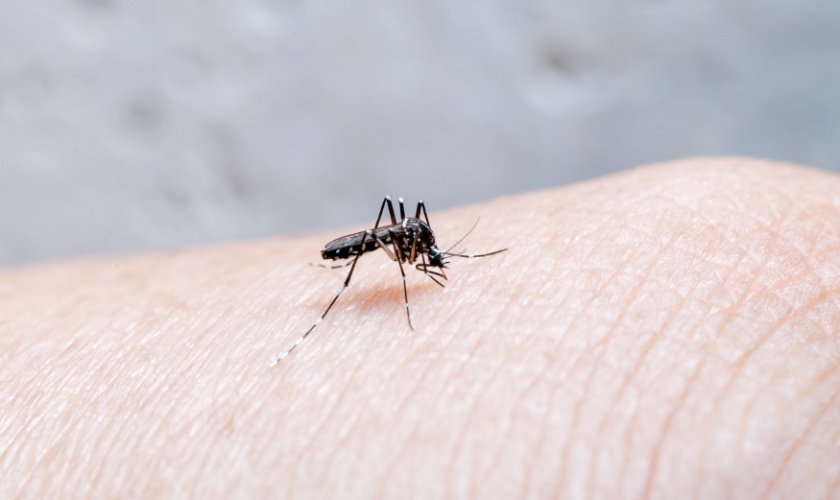Mosquitoes are not only a nuisance but also pose serious health risks by transmitting diseases such as West Nile virus and Zika virus. If you have a mosquito problem in your yard, it’s essential to take effective measures to reduce their population and prevent them from breeding. Here’s a comprehensive guide on what to do if you have a mosquito problem in your yard:
Identify Mosquito Breeding Sites
Mosquitoes lay their eggs in standing water, so the first step in addressing a mosquito problem is to identify and eliminate breeding sites in your yard:
- Stagnant Water: Check for standing water in containers, flowerpots, birdbaths, gutters, and other areas where water can collect.
- Ponds and Pools: Ensure that ponds and pools are well-maintained and properly chlorinated to prevent mosquito larvae from developing.
- Low-Lying Areas: Identify low-lying areas in your yard that collect water after rain and take steps to improve drainage.
Remove and Treat Standing Water
Eliminating standing water is crucial for reducing mosquito populations:
- Empty Containers: Regularly empty and clean containers that collect water, such as flowerpots, birdbaths, and buckets.
- Clean Gutters: Ensure that gutters are clean and free of debris to prevent water from accumulating.
- Treat Water Sources: Use mosquito dunks or larvicides in ponds, rain barrels, and other water sources to prevent mosquito larvae from developing into adults.
Maintain Your Yard
A well-maintained yard can reduce mosquito resting spots and breeding sites:
- Trim Vegetation: Keep grass cut short and trim bushes and shrubs to reduce shaded resting areas for mosquitoes.
- Remove Debris: Clear away leaf litter, wood piles, and other debris that can collect water and provide shelter for mosquitoes.
- Improve Drainage: Ensure proper drainage in low-lying areas and fill in any depressions that collect water.
Use Mosquito Repellents and Barriers
Protect yourself and your family from mosquito bites by using repellents and barriers:
- Repellents: Apply mosquito repellent containing DEET, picaridin, or oil of lemon eucalyptus when spending time outdoors.
- Protective Clothing: Wear long sleeves, pants, and socks to reduce exposure to mosquito bites.
- Screens: Install screens on windows and doors to prevent mosquitoes from entering your home.
Consider Natural Mosquito Control Methods
Natural mosquito control methods can help reduce mosquito populations without using chemicals:
- Mosquito-Repelling Plants: Plant mosquito-repelling plants such as citronella, lavender, and marigold around your yard.
- Natural Predators: Encourage natural predators like birds, bats, and dragonflies to inhabit your yard, as they feed on mosquitoes.
Professional Mosquito Control
For severe mosquito infestations, professional pest control services can provide comprehensive and effective solutions. Citra Pest Control offers expert mosquito control services to help you manage mosquito problems in your yard. Our services include:
- Inspection: Thorough inspection to identify mosquito breeding sites and assess the extent of the infestation.
- Larvicide Treatments: Application of larvicides to standing water sources to prevent mosquito larvae from developing into adults.
- Adulticide Treatments: Targeted treatments to reduce adult mosquito populations using eco-friendly products.
- Preventive Measures: Advice and strategies to prevent future mosquito infestations, including habitat modification and regular maintenance.
Dealing with a mosquito problem in your yard requires a combination of eliminating breeding sites, maintaining your yard, using repellents, and considering natural control methods. For severe infestations, professional mosquito control services from Citra Pest Control offer comprehensive solutions to effectively manage mosquito populations. Contact us today to schedule an inspection and take the first step towards a mosquito-free yard.

